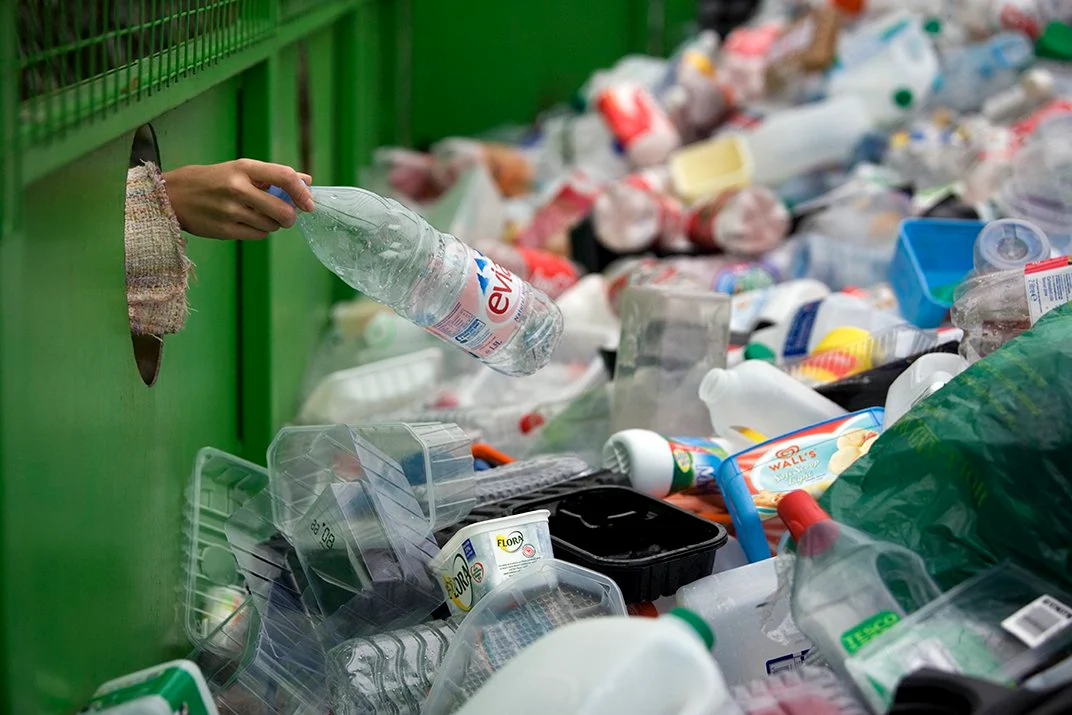



Article by: Hari Yellina
Louise Hardman is a water person who enjoys anything involving it, whether it is for fun, exercise, or job. Her work as a naturalist and focus on sea turtles and birds finally led her to clear garbage from the largest body of water on the planet. “I was inspired to want to stop plastics pouring into the water when I observed a little green turtle die from ingesting plastic back in 1992,” she said. “It wasn’t until I launched the business in 2016 that I could really put it into action.”
Though the idea of clearing waterways of plastic pollution is not new, commoditizing the recycled plastics is. Ms. Hardman concentrates her efforts in Australia and the Pacific Islands on rural and isolated populations. The idea, according to Ms. Hardman, is that we want to implement recycling systems that are mobile. “I’d collaborate with local, rural populations to establish initiatives for recycling waste plastic.” One of such communities was the Bowraville, New South Wales-based Miimi Aboriginal Corporation. To help generate income and jobs, company manager Tricia Walker hired Ms. Hardman to design a mobile recycling facility. Many of our young people, in my experience over the years, have lost their connection to their native land, therefore I believe it’s critical that they return there and become aware of the conditions there,” Mrs Walker said.
It took several years to develop the mobile recycling bin. Each container is unique and was created with a specific function in mind for the community. They may contain an extruder, a shredder, and a bailer among their many parts. They turn plastic from hard waste into manufacturing-ready pellets. Ms. Hardman claimed that in order for clients to choose which materials may be used in manufacturing, she also offered training in plastics identification. According to Mrs. Walker, the Miimi Aboriginal Corporation is quite proud of the arrival of the first recycling container. She said, “I adore it because I’ve seen these kids grow up in this valley. These are excellent lads, good kids, and they treat each other with a lot of respect. They also know a lot of things.
Ms. Hardman claimed that issues with garbage recovery and commoditization in rural regions were what motivated her to start Plastic Collective. Infrastructure is a problem in regional locations, and getting goods to and from islands, remote settlements, or regional communities is quite expensive, according to the speaker. Because recycling recovery is so challenging, there are landfills, rivers are polluted, and waste is dumped into them. She cited the experience of seeing a community transform its embarrassment over plastics into pride as her favourite thing.